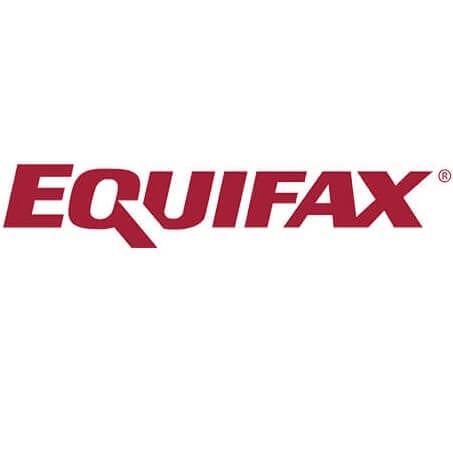How to protect yourself from CRA phone scams

The scammers require payment via electronic transfer or using unusual methods such as prepaid credit cards, gift cards or cryptocurrencies. They also put pressure on their targets to take action immediately or within a few hours. Scammers want to get your hard-earned money as soon as possible – they know that if you have some moments of thinking and a quick Google search or ask a friend, their fixtures will get up.
Scammers can also achieve their goals through email, text messages and letters. Whatever the method, the liar will be convincing. They may tell you that your taxes have been reviewed and that you owe money. It sounds reasonable, they may recite the ID number and the case number. They may know some of your personal information, such as your home address, date of birth, or Social Security Number (SIN). The caller ID on the phone may even show an Ottawa phone number – sample personnel often use technology to “scam” or fakes. They can actually call from anywhere in the world.
sponsor
Equifax fully protected
Equifax Complete Protection is a credit and cybersecurity protection service designed to help Canadians spot signs of identity fraud.
- Provide daily credit monitoring and alerts
- Scan your personal data on the dark web
- Industry leader Zerofox’s social media monitoring
Subscription Price: $34.95 per month
Beware of fake offers for refunds and benefits
Instead of trying to instill fear into our law-abiding hearts, some liars lure Canadians to promise additional benefits and refunds. The fraudster throws networks for the victims via email rather than phone calls, rather than with important personal information (including sending you more money) (including your sin and bank details) but just to make your bank account bleed.
The scam is sent to more people, because it is much easier to send a lot of emails than to make hundreds or thousands of calls. A red flag for this CRA scam is that if the email begins with a generic “Dear Taxpayer”, a true tax collector will never do it. Also, if your email address includes your name, these impostors may use it in greetings, but be aware of poor spelling and grammar.
If you think you are dealing with a scam, consider some of the key points to consider, which are taken from the CRA website.
CRA won’t:
- Use threatening or aggressive language
- Get personal or financial information in voicemail or email
- Send a refund via electronic transfer or text message
- Request electronic transfer, prepaid credit card, gift card or cryptocurrency
- Threat to arrest, imprison or deport you
- Try to schedule open face-to-face meetings to collect payments
- Charge fees for talking to CRA agents
If you have any questions, please ask yourself the following:






